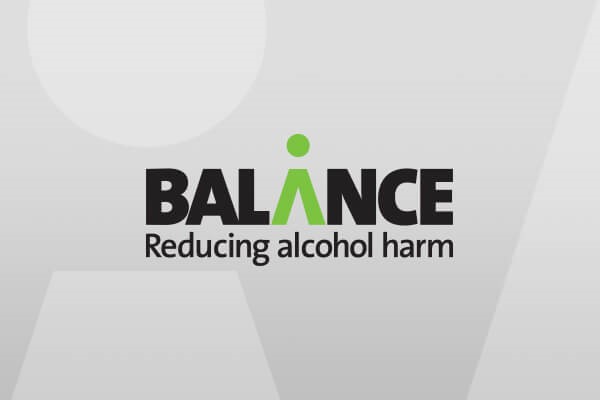Booze clean up costs Sunderland more than £100 million a year
Alcohol misuse costs every man, woman and child in Sunderland £467 a year, according to research published today 7, December
Balance, the North East Alcohol Office, has been counting the cost to the public purse for services called upon to deal with the after effects of excess booze, including ambulance call outs, A&E staffing and policing rowdy town and city streets.
Dealing with these problems is costing Sunderland up to £150.7m annually, while the north east as a whole is shelling out up to a massive £1.29 billion on a yearly basis.
A breakdown of the overall figure shows that each year the NHS in Sunderland pays out £24.6m treating people damaged as a result of alcohol, while the criminal justice system and local authorities spend up to £71.3m dealing with crime and licensing. The workplace and wider economy has to cover the bill for the remaining £54.9m.
Mark Watson, Strategic Lead, Prevention and Staying Healthy, for NHS South of Tyne and Wear, which covers Sunderland Teaching Primary Care Trust (PCT), said: “We know that there is a high price to pay for excessive alcohol consumption – in terms of the individual drinker’s health and the adverse impact this can have on their family and friends, as well as the cost to the NHS.
“Regularly exceeding the recommended daily alcohol limit increases the risk of long-term health conditions, such as breast cancer and liver disease, and, in the North East, we have much higher admissions to hospital for alcohol-related diseases than in other parts of the country.
“We are working hard to make people aware of the damage they can do to their body through binge drinking and regular excessive drinking. Reducing alcohol-related harm is one of our top priorities and we are committed to supporting people who have alcohol problems by providing brief interventions to reduce alcohol consumption, increasing the number of treatment places available, reducing local waiting lists and expanding support services for those with health problems caused by harmful drinking.”
On a regional scale, the NHS is paying out £224.8m while the cost to crime and licensing is up to £598.7m. The workplace and wider economy is being charged up to £466.7m.
Colin Shevills, Director of Balance, said: “Every man, woman and child across the north east is paying the price for alcohol misuse by heavy drinkers and those that drink at or above recommended limits on a daily or almost daily basis. This isn’t right. We need to remedy this situation, particularly at a time of financial austerity when public sector organisations must do more with less.
“Every individual has a role to play in controlling their own consumption, but the fact that more alcohol is available at pocket money prices, in more places at any time of the day or night is undoubtedly driving the problem. Alcohol is not an ordinary commodity and shouldn’t be treated like one.
“Research shows that the introduction of a minimum price per unit of alcohol, which links price to alcohol strength, would reduce the widespread availability of alcohol at pocket money prices. It would subsequently reduce consumption and the associated problems that our region faces. A minimum price would target problem and young drinkers, while having little effect on those who consume moderate amounts. Savings could be re-invested in public services to everyone’s benefit.
“The introduction of a minimum price is an important part of a wider range of measures, including greater education and legislation, which is required to successfully tackle the problems caused by alcohol misuse.”
Almost half of north easterners support the introduction of a minimum price, according to research commissioned by Balance.
A survey of 1,000 people across the region revealed that 49% are in favour of the measure. Less than one in three of those questioned objected, while 22% remained neutral.
A third of those questioned said that supermarket alcohol was too cheap and almost half (48%) said they would be prepared to pay more for their alcohol in return for benefits to society. These benefits include reducing rowdy behaviour in public, a fall in crime and violence and reducing the burden on the NHS. Less than a third rejected completely the idea of paying more, while 27% had not made up their minds.
“Our research clearly shows that north easterners already understand the problems alcohol misuse is causing our society and that they are keen for something to be done about it. A significant proportion seethe introduction of a minimum price as a potential solution. This groundswell of public support cannot and should not be ignored.”
